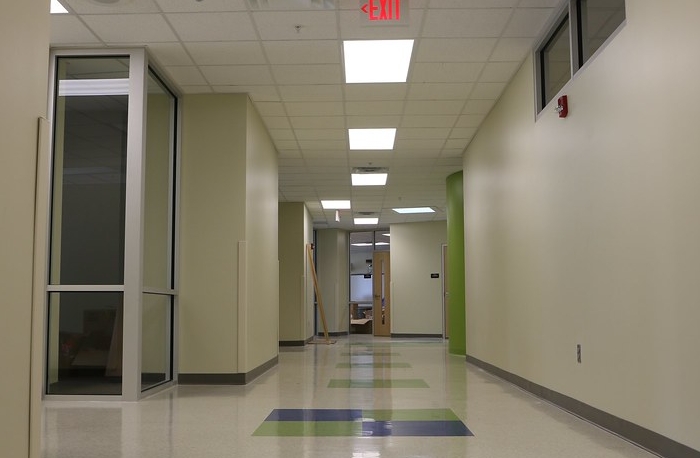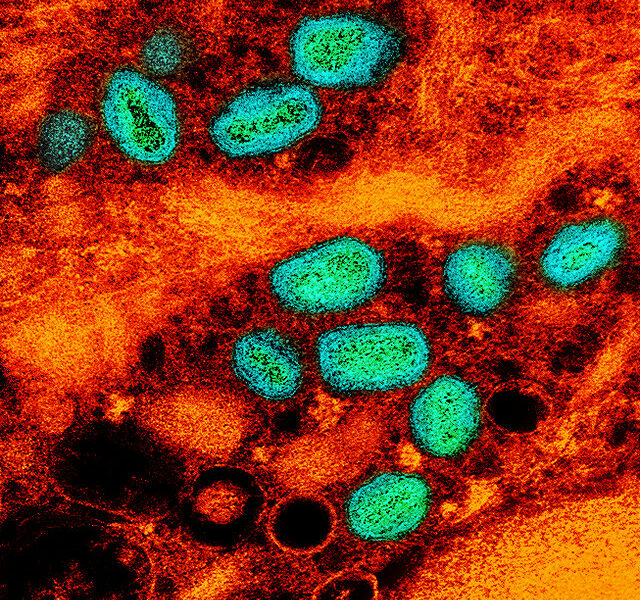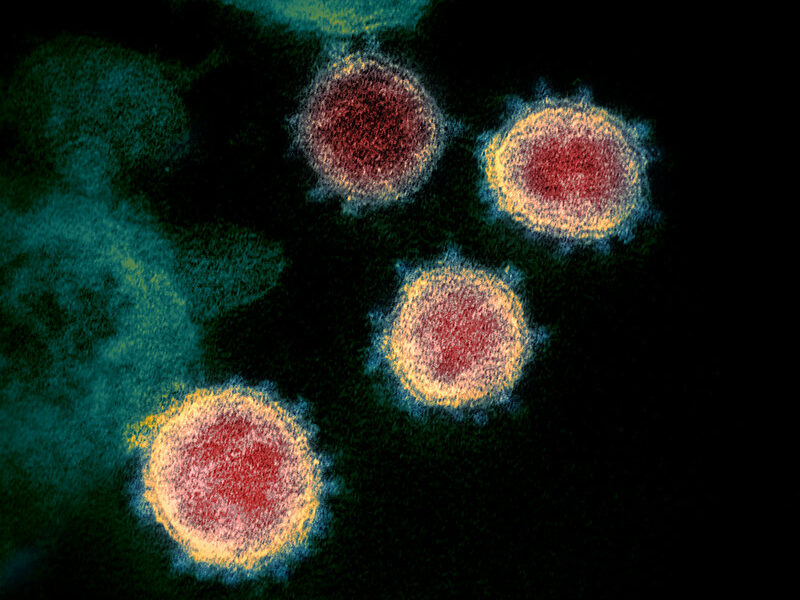By: Autumn Gertz
Image courtesy of Pasco Schools via Creative Commons
On October 4, 2019, a pediatric case of bacterial meningitis was confirmed at Burrville Elementary School in Northeast Washington, D.C.1. That same day, D.C. Public Schools and the District’s Department of Health notified parents and guardians of children who may have come into contact with the case at school1,2. The subsequent Monday, October 9, 2019, the school sent home a second letter to inform families that the classroom in question had been cleaned in accordance with the health department’s recommendations2. This is the third case of bacterial meningitis in Washington, D.C. this year. The first two cases were in adults, with one resulting in death2.
Meningitis is an infection of the meninges, or lining of the spinal cord and brain3. It can be fatal within hours and is therefore considered very serious3. The Burrville Elementary School case of bacterial meningitis was caused by Neisseria meningitidis2, a common causative agent of meningitis in children3. It is spread person to person through respiratory secretions, like saliva3. Group settings, like schools, are at a higher risk of disease spread for infectious disease including bacterial meningitis3. For instance, N. meningitides is a common culprit of bacterial meningitis outbreaks in college dorms3. Symptoms of bacterial meningitis include sudden onset (3-7 days) of headache, stiff neck, fever, usually some nausea, vomiting, photophobia, and confusion3. Typically, meningitis presents like the common cold or flu, making the disease hard to identify early on, when intervention is necessary. The high transmission in group settings, high mortality rate, and normal presentation of bacterial meningitis makes it a serious health threat.
D.C. Public Schools and the District’s Health Department sent a joint letter detailing symptoms and how exposure occurs. Parents and guardians were urged to seek medical attention for their children to ensure they were not infected, and to seek prophylaxis if they were indeed exposed1. Antibiotics can treat bacterial meningitis, with promptness of treatment being extremely important3. Additionally, when the organism involved is N. meningitides, medical professionals may recommend a prophylactic dose of antibiotics to those who come in close contact with an infected person. There are vaccines for meningitis, which are the most effective prevention of all types of bacterial meningitis, including illness caused by N. meningitides3. In Washington, D.C., meningitis vaccination is not required until a student enters the sixth grade2, meaning the pediatric case and their contacts, are most likely not vaccinated yet.
The letters detailing the case and disease were sent to the parents of students believed to have direct contact with the case (PreK3 and PreK4 classes)1. Some parents in the school system felt the school should have notified everyone in the district, as they want to be aware of what poses risks to their children, even if their child did not have direct exposure1. Following these concerns, the Districts Public School said it would send out a letter to all parents and guardians in the school system in the following days2. As of October 16th, no additional cases of bacterial meningitis have been reported in Burrville Elementary School, Washington, D.C.
References
- https://wjla.com/news/local/bacterial-meningitis-case-prompts-health-scare-at-dc-elementary-school
- https://www.washingtonpost.com/local/education/dc-elementary-school-student-diagnosed-with-bacterial-meningitis/2019/10/08/40704dac-e9e4-11e9-9c6d-436a0df4f31d_story.html
- https://www.cdc.gov/meningitis/bacterial.html


